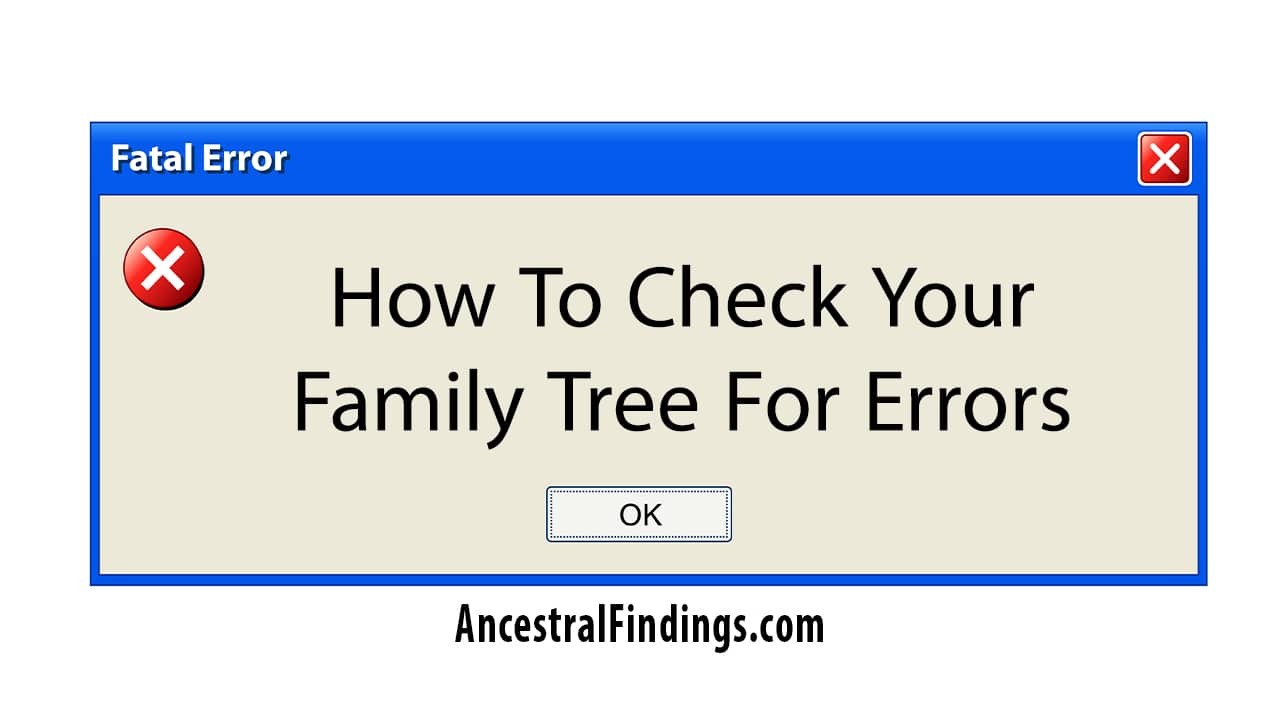DNA is an amazing tool for expanding our genealogy research and adding to our family trees. When you get your DNA tested, you get access to the contact information for anyone else in the database of the company you used who is a genetic relative of yours, usually up to the sixth cousin. If you contact these matches, you have a high likelihood of discovering previously unknown family information, and may even get access to photos, letters, diaries, and more than you thought were long lost to time. You never know what branch of an ancestor’s family kept certain information and certain heirlooms. Not everything is lost. In fact, you would be amazed at how many things are preserved; you just don’t know it until you contact the right branch of the family.
However, one of the more frustrating things about DNA databases is getting your matches to get back to you when you contact them. The issue is that many people who get their DNA tested are only interested in finding their ethnic background or to prove or disprove family legends. They are not genealogists and are not interested in building their family trees, and this makes them uninterested in connecting with their DNA matches online. It is frustrating when you contact them, and they do not contact you back, because you know they might have the key you need to break down a genealogical brick wall, or to discover family treasures that have been preserved through time. You can also do the same things for them, and you would be happy to if only they would get back to you.[clickToTweet tweet=”DNA is an amazing tool for expanding our genealogy research and adding to our family trees. ” quote=”DNA is an amazing tool for expanding our genealogy research and adding to our family trees. ” theme=”style3″]
Luckily, there are some proven techniques used by DNA research pros and professional genealogists that can increase the number of responses you get from your DNA matches on any database. If you are not getting the number of responses you hoped for when you did your DNA testing, try some of these, and watch your responses increase, bringing new and valuable genealogical information with them.
Give Some Attention to Your Profile — Whatever database you are on with your DNA testing, be sure to fully update your profile. Do it before sending any messages to your DNA matches. This means include a profile picture, a little bit of information about who you are and what you do, your experience in genealogy, your genealogical interests, and the surnames of families you are researching. With a robust profile, you will be showing any DNA matches you contact that you are a real person, with honorable intentions regarding your contacting of them.
Use Your Database Page to Send Your Message — Some databases give you the email addresses of your matches, and some don’t. Even if you have the option to send a message directly to your matches, using your own email address, it is better if you use your profile page on the database to contact anyone in whom you are interested. This way, your match will immediately be able to see how you are genetically connected, and that you are a real database user and not a scammer.
Don’t Ramble — When you contact your match, keep it as simple as possible. State who you are, and why you are contacting them. This will probably mean including your ties to the family whose DNA you share, and what you are interested in finding out about that family, and/or your connection to your match. Keeping it simple in the first communication keeps your match’s attention, and avoids making responding to you seem too overwhelming and cumbersome to them.
Be Specific — Make sure your match understands who you are and what family your are referencing. Some people who are on DNA databases manage projects for more than one family. Refer to database usernames to identify and describe people and ancestors. Use surnames regarding the family you are contacting them about. This will make it easier for them to identify you, the information you need, and the family to which you are referring to.
Don’t Include Your Entire Family Tree — Avoid this at least in the first message. Keep your initial contact to just one inquiry about one ancestor. If you have more than one connection, or if you want to talk about other ancestors, save that for subsequent messages, once your match has responded to you a few times, and you have gotten to know each other better.
Don’t Take it Personally — Even if you write the best message in the world, there will still be a few matches who won’t get back to you. Don’t take it personally. These are people who simply have no interest in genealogy or meeting genetic matches, and had their DNA tested for their own, personal, other reasons. Every now and then, a message may get lost in the ether of the Internet on its way to its recipient, or your match may not log into the DNA database often, which may mean it takes months or a year or more for them to receive your message. It could also simply be that they saw your message and meant to get back to you, but life got in the way and they forgot.
Don’t Stalk Your Matches — It can be tempting to keep sending message after message when someone doesn’t respond, hoping that this time you will craft a message that will grab their interest. After all, that person may be the key to breaking down your brick wall or obtaining other important genealogical information. But, think about how you would want to be treated in the same circumstances. People have their own reasons for not responding to messages on DNA platforms. Respect them. If you keep messaging them, they are not more likely to respond, they are less likely to. They may even report you to the database for harassment, and you will lose your privileges there. Remember, there are always other matches with connections to the ancestral lines you are researching. Don’t focus on one person who doesn’t want to be contacted. Find someone else in that line who does. Keep doing DNA match contacting the right way, and you will get the responses, and hopefully answers, you seek.






